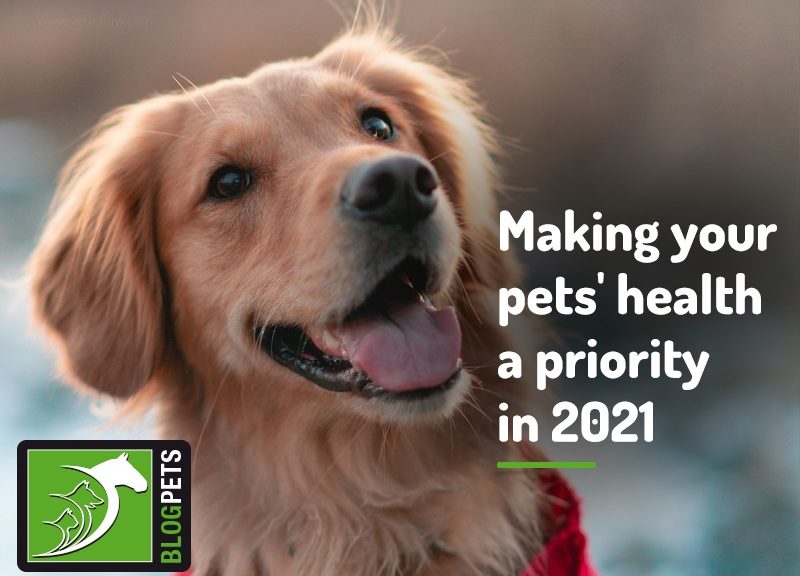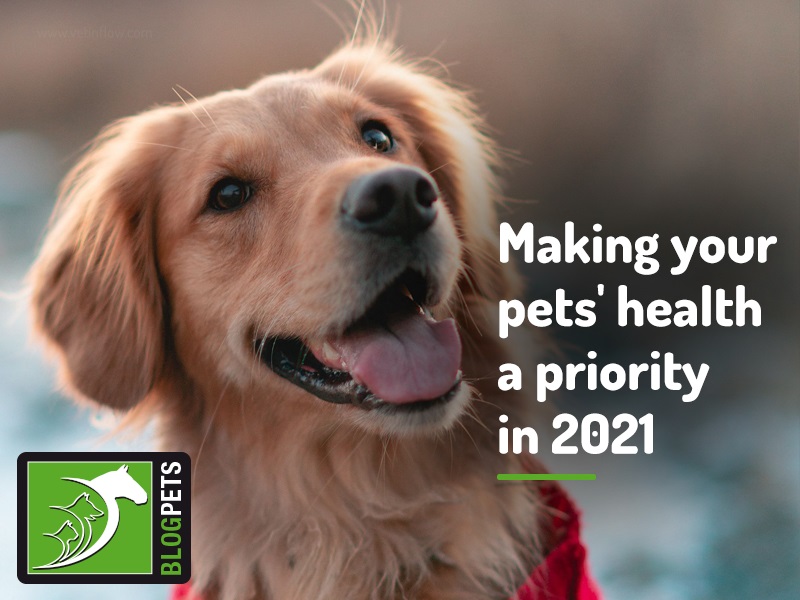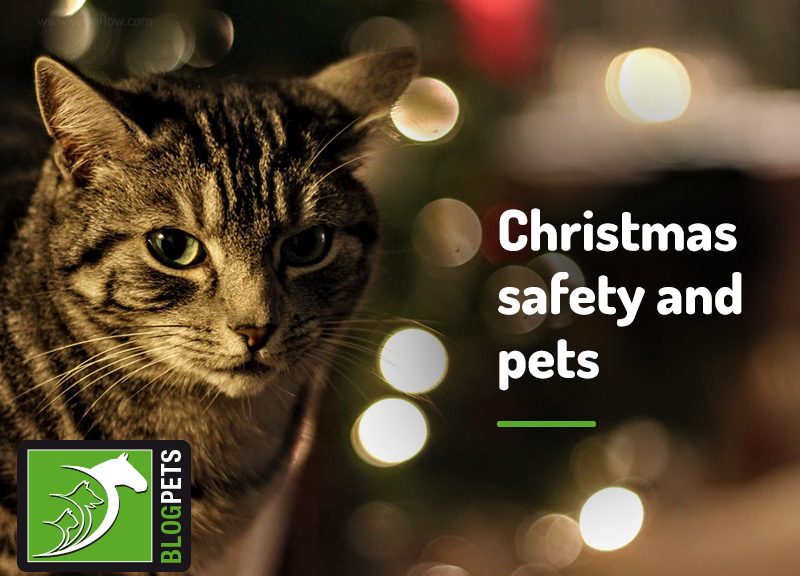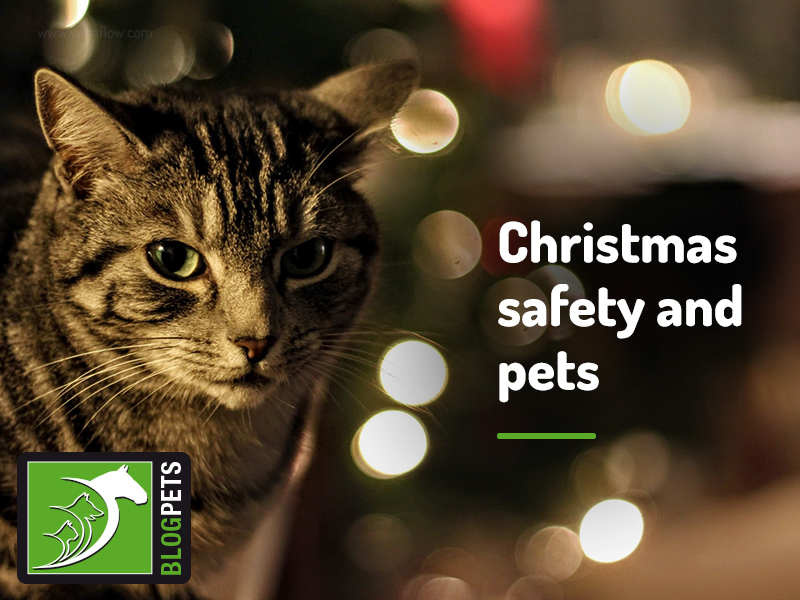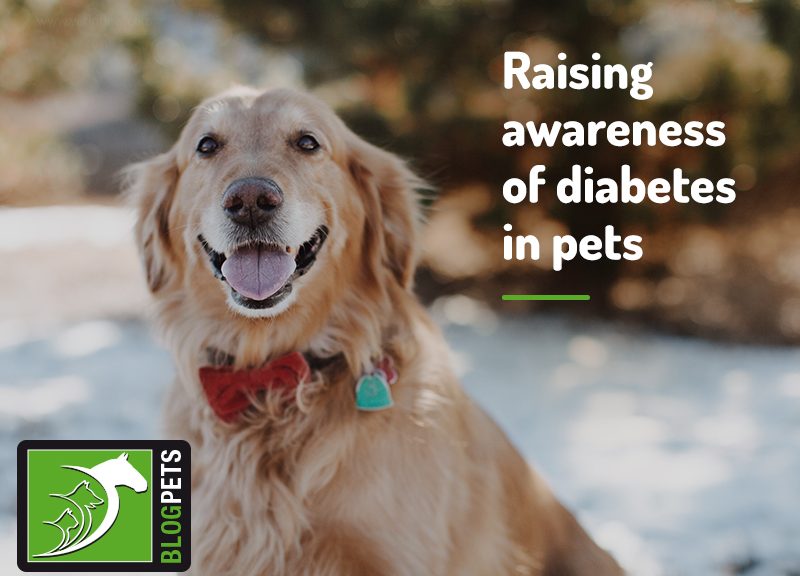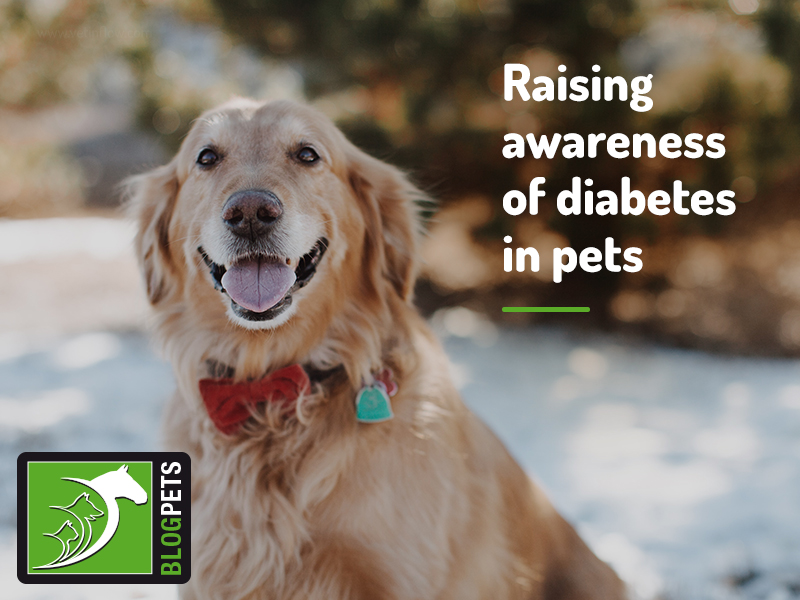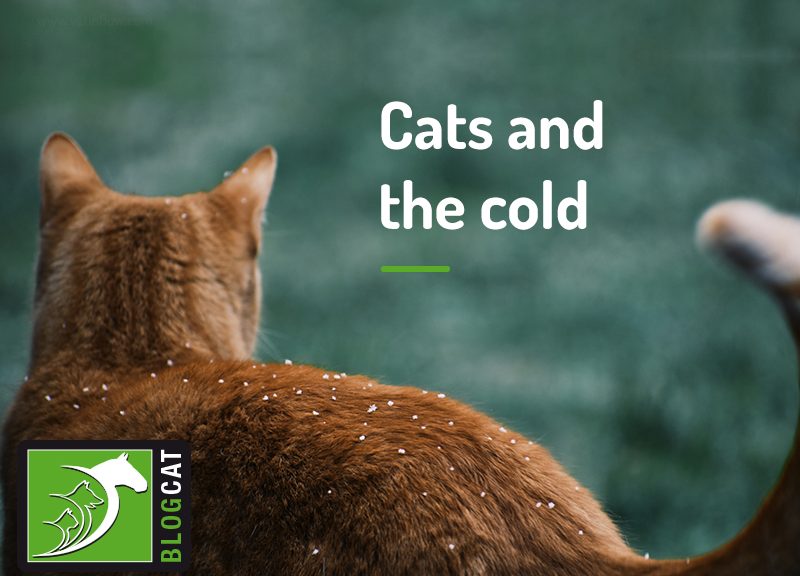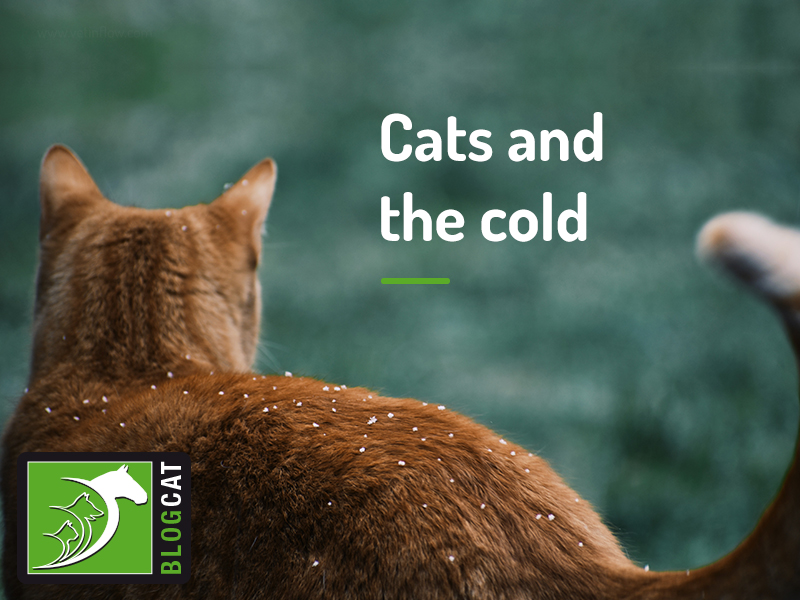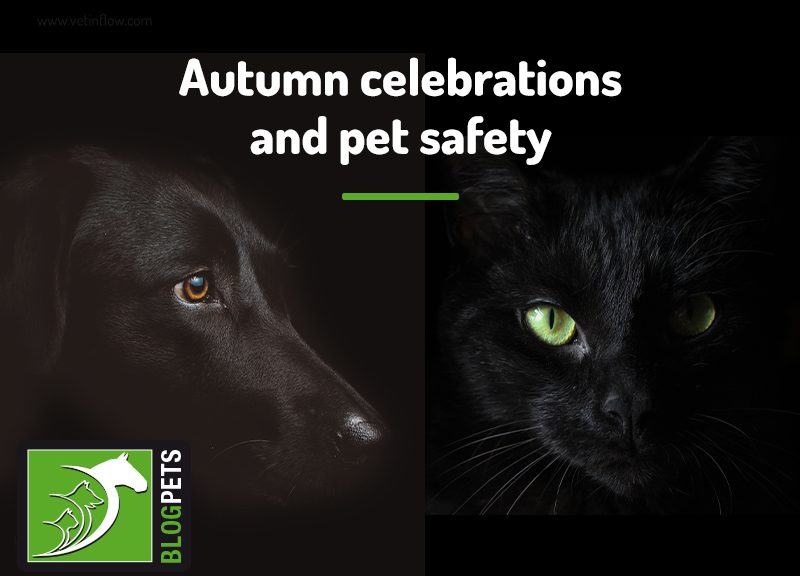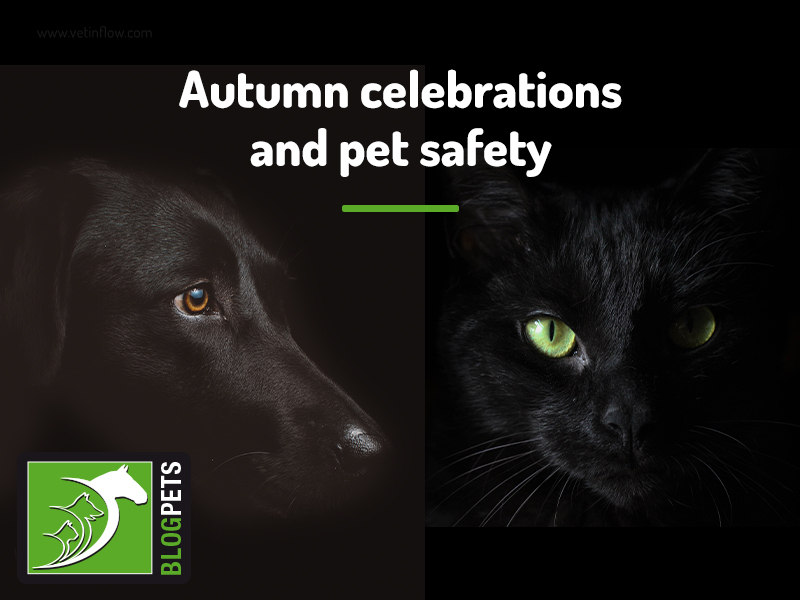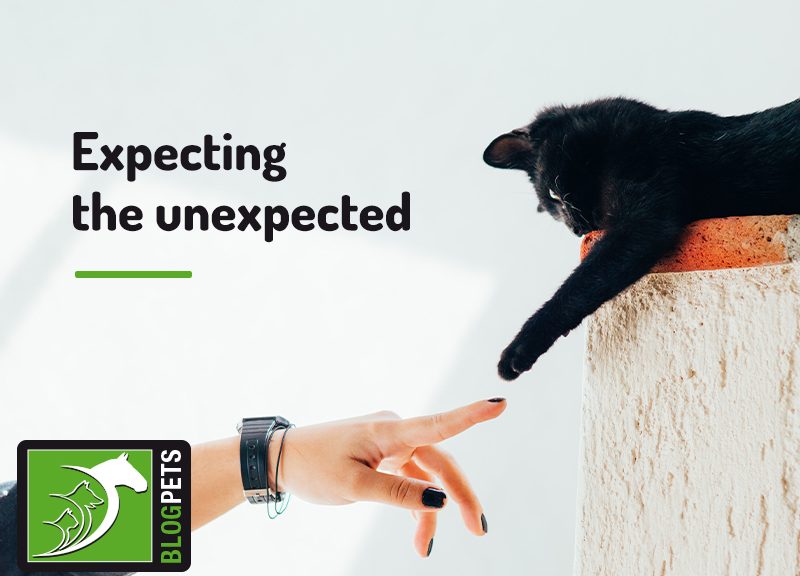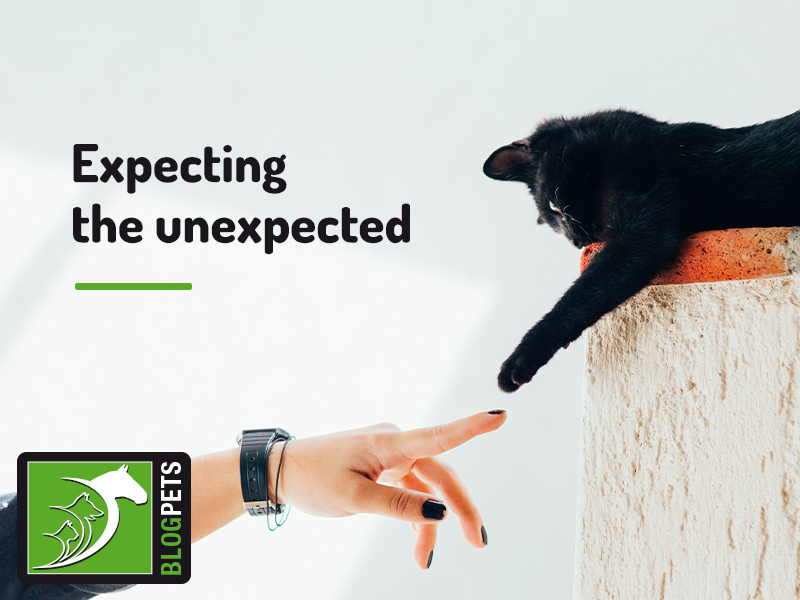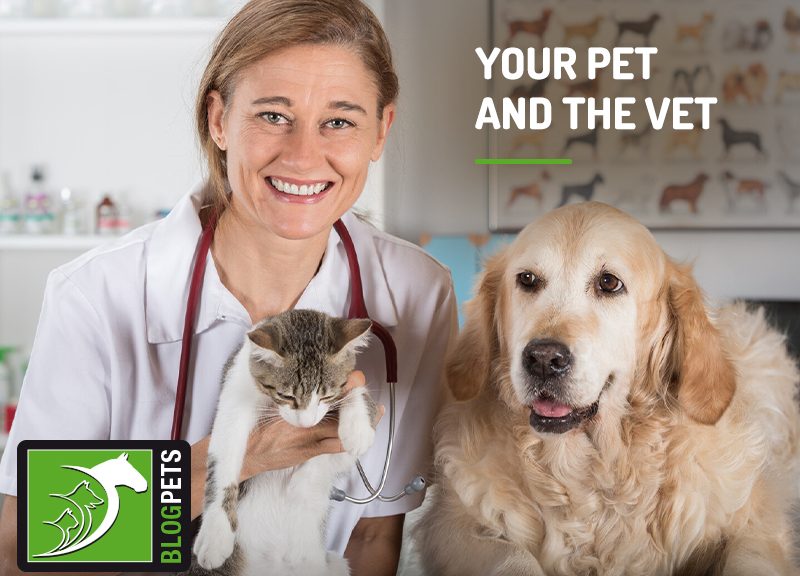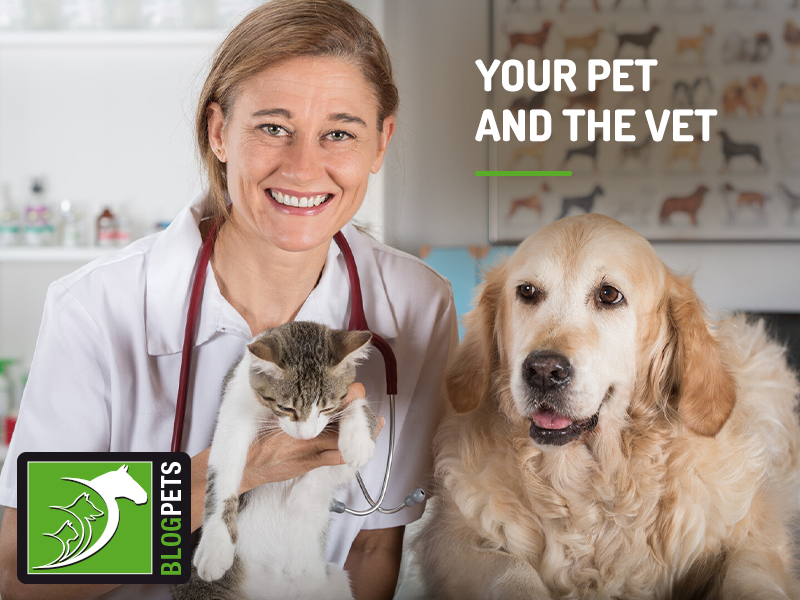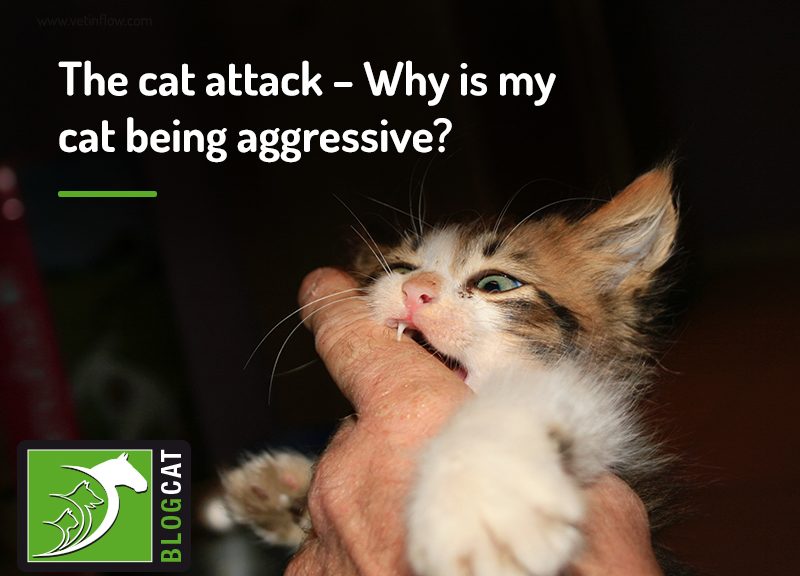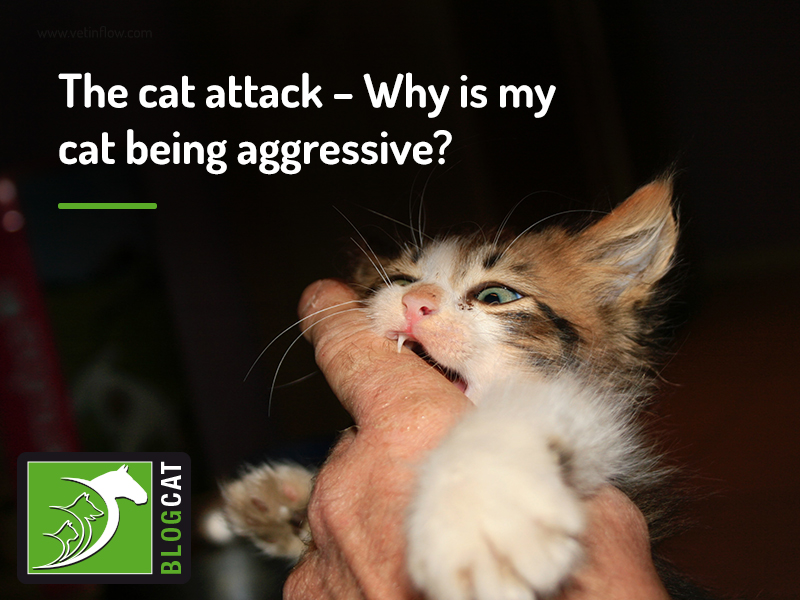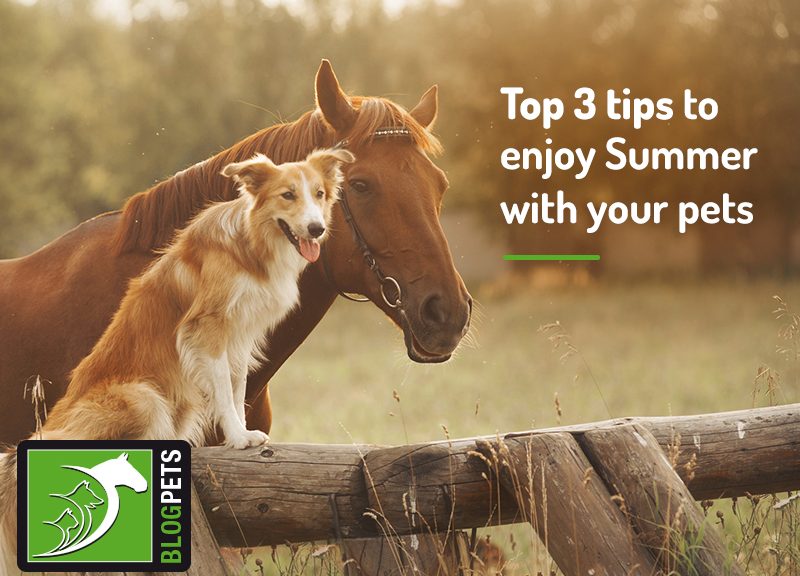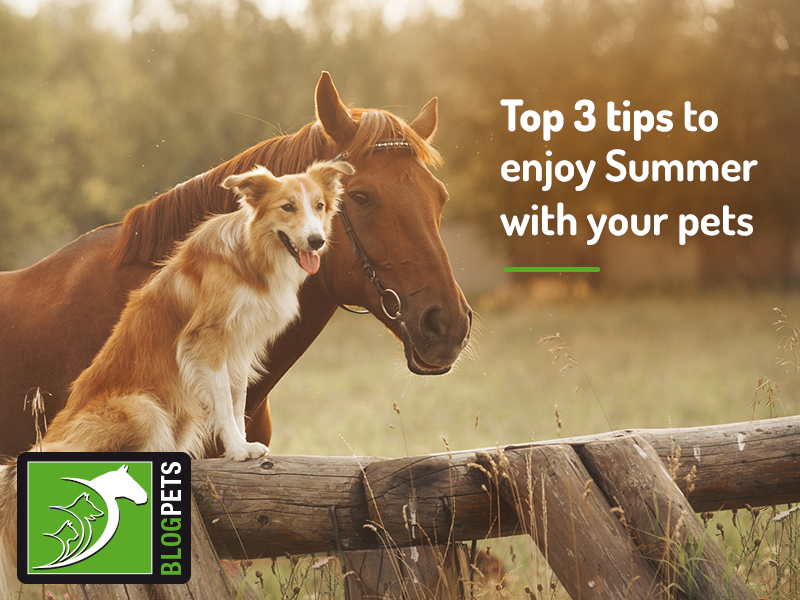We can’t help but have high hopes for 2021, and we wish this new year is kinder to us all than 2020!
Whether you are the type of person that likes to take a moment to reflect on the year that has passed and set resolutions and goals for the new one or not, we have a suggestion for you.
This year, why not make your pets’ health a top priority?
There are some illnesses that we cannot help our pets avoid, but there are many that we can, so preventive medicine should always be on top of your pets’ health checklist.
Nutrition
We’ve all heard the expression ‘We are what we eat’, and the same is true for our pets! A balanced diet is one of the most important foundations of health as it provides the nutrients that fuel our pets’ bodies.
When a pet’s diet is unbalanced, two things can occur:
- Nutritional deficiencies, which can have a range of consequences, from stunted growth, muscle wasting, skin problems and poor coat to more severe issues, such as heart disease, for example, in cats that suffer from taurine deficiency.
- Weight gain, which can lead to obesity and associated health problems, such as diabetes, osteoarthritis, and cardiovascular disease, to name but a few.
Different pets have different needs, and the same diet is not likely to be recommended to a nursing bitch and an elderly dog. To make sure your pets’ nutritional needs are met, discuss the options with your vet.
Vaccinations
One thing that the Coronavirus pandemic seems to have highlighted is the importance of vaccines. Thankfully, we will soon have the option to immunise ourselves against COVID-19 and, hopefully, life can slowly start getting back to normal.
There are a number of vaccines available to protect our pets against highly contagious and deadly diseases, such as parvovirus infections in both dogs (parvo) and cats (feline enteritis), for example.
Get your pet’s vaccination card. When is their booster due? Make a note in your planner to make sure you don’t forget to schedule their booster appointment and, if their vaccinations are not current, contact your vet today to book a visit.
Worming, flea and tick treatments
Let’s talk about worms for a minute now. We’ve all seen them, our pets had them when they were puppies/kittens, and maybe even as adults. You might have noticed a swollen belly and that they were scooting their bums on the floor. Maybe they had soft stools as well. Then, they took their worming pill, and the problem was solved, so why do we need to worm them so often?
Intestinal parasites are very common in pets. Most times, they cause mild discomfort and clinical signs (as described above), but they can lead to more severe consequences in massive infestations.
However, there are other internal parasites that can cause life-threatening disease, such as heartworm and lungworm, that we can and should prevent by worming our pets at regular intervals as recommended by the vet.
As for external parasites, such as fleas and ticks, these can cause skin problems and great discomfort, and it only takes a single flea to produce an allergic reaction in susceptible pets or an infestation in any household!
Now that you have your pets’ medical records with you, why not check when their next parasite treatment is due as well? You know what’s next – make a note in your planner.
Routine appointments
Last but not least, we’d like to remind you of the importance of routine appointments. We tend to associate these with our pets’ vaccination appointment and refer to them as the ‘annual check’. However, if you have any concerns, you should discuss them with your vet as soon as possible, instead of waiting for the ‘annual visit’ just because it’s more practical and convenient.
If your pets’ nails need clipping and your vaccination appointment is next week, then it is ok to do both at the same visit. However, if you’ve been noticing a bald spot in your pet’s skin that is red and keeps getting bigger, for example, waiting for the ‘annual visit’ is not a good option and will likely result in their vaccination being postponed until the skin issue is resolved.
A thorough veterinary ‘nose to tail’ examination is a great way to detect early problems and start important treatments if required.
We wish you a happy and healthy new year for both your human and pet families!
Would you like to know more about cats? Check our Feline Courses:
Feline courses
Would you like to know more about dogs? Check our Canine Courses:
Canine courses
